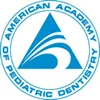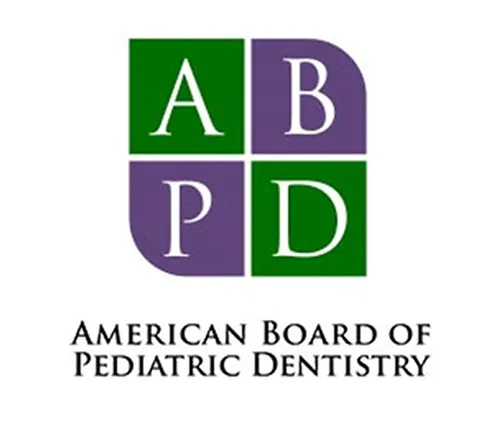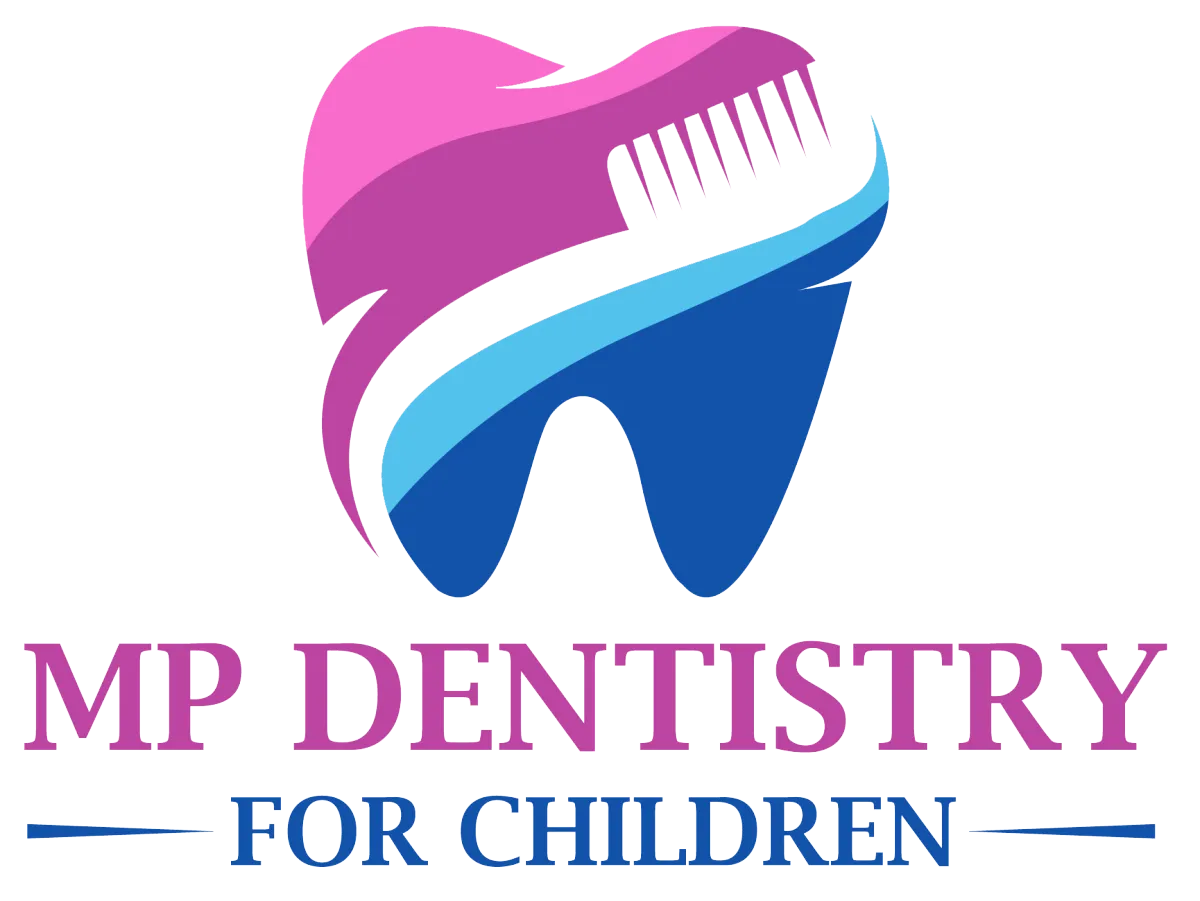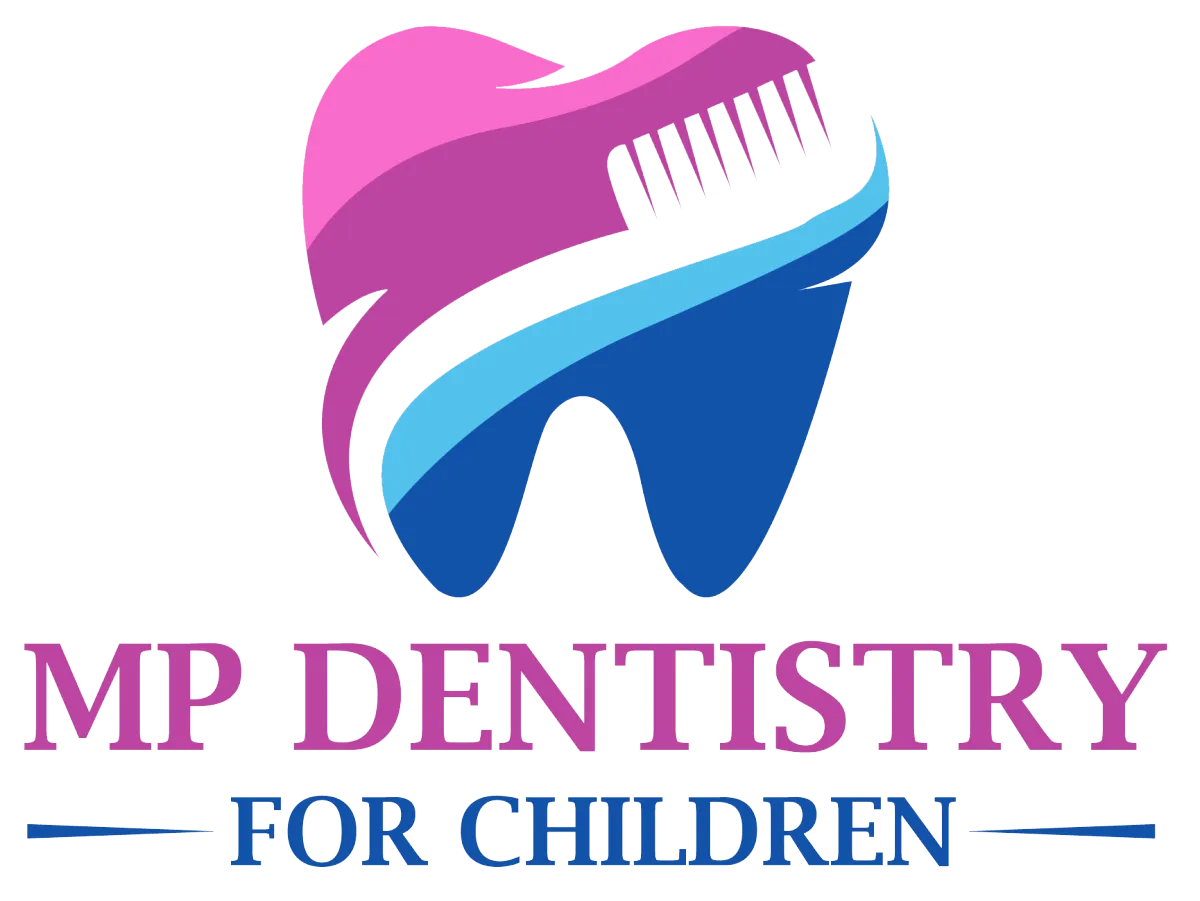Blog
Latest News & Blogs

Kids Dental Care- What You Need to Know
When should I plan my child's first Kids Dental Care appointment? Does my three-year-old need to floss? How can I determine whether my kid needs braces? It can be difficult for parents to determine how much dental care their children need. Although they know the need to avoid cavities, they need to be made aware of the most effective methods. These are some tips and guidelines you should keep in mind.
Many parents are unaware of how crucial it is to take an active role in their child's oral health because primary, or baby, teeth are only present for a brief period of time. However, once the first permanent tooth erupts, developing the habit of good dental hygiene at a young age will support the continuation of those behaviors. Additionally, issues with permanent teeth might result from primary teeth that are damaged or decaying.
Kids must maintain good dental health because baby teeth save space for adult teeth; having a healthy mouth helps children chew and speak correctly, affecting their confidence. Keep reading to find out the proper way to maintain a Kids Dental Care, when to schedule a kid's first dental appointment, the typical age at which a child loses their first tooth, and other child teeth care advice, keep reading.
First Tooth, First Birthday, First Dental Visit.
What is the best age for my child to visit the dentist? This is a common question for new parents. Never too young to begin paying attention to your child's dental health! The American Association of Pediatric Dentists advises parents to find their kid a dental home by the time they erupt their first teeth or turn one.
The primary visit is an opportunity for parents/guardians to address any dental concerns and ask questions; the dentist will gently swab the child's mouth to check their gums and any newly erupted teeth. In addition, a dentist can monitor your baby's teething progress and take preventative measures for any concerns as the child starts teething.
Protect Tiny Teeth
Baby teeth play a crucial function in preserving room for a child's permanent teeth, which is why they are vital. They remain in a child's mouth for eight to ten years, impacting their ability to talk, eat, and smile. Baby teeth can also be a sign of a child's general health. In addition to allowing germs to spread to new adult teeth, untreated tooth decay can result in mouth infections that reach the bloodstream and contribute to other major health issues.
A child's oral hygiene regimen should include regular brushing, but the bacteria that cause tooth decay can still hide between teeth where the toothbrush can't get to them. Helping your children have flossing into their routine is crucial because of this.
Baby bottle teeth rot is one significant dental health concern for newborns and young children under one. When your child drinks a sugary beverage, microorganisms in their mouth eat the sugar and release acid, causing this. If the enamel of an infant's teeth is continually exposed to this acid, tooth decay may result.
Milk, infant formula, fruit juice, soda, and other sweetened beverages are among the liquids that aggravate this illness. The most risk-free alternative is water if your child needs to sleep with a bottle.
Parents, Did You Know?
The drinks that exacerbate this condition include milk, newborn formula, fruit juice, soda, and other sweetened beverages. Water is the safest substitute if your youngster requires a bottle to sleep.
The State of Pennsylvania has attempted to address this epidemic of poor oral health by mandating that every child have a dental checkup before beginning school as well as in the third and seventh grades. Small cavities can, however, develop into much more significant issues in young mouths if they are not treated promptly every six months and without the development of good oral hygiene habits at a young age.
When Should Kids See a Dentist?
According to the American Dental Association, children should see a dentist by their first birthday. During this initial visit, the dentist will perform a modified exam while your infant is on your lap and instruct you on oral hygiene.
Children can benefit from these checkups as they can detect problems early and become accustomed to going to the dentist so they experience less anxiety later in life. You could think about bringing your youngster to a pediatric dentist. Pediatric dentists are qualified to treat various problems relating to children's oral health. They also know when to recommend you to a different kind of expert, such as an orthodontist to fix an overbite or an oral surgeon to straighten your jaw.
Even before all of the kid's teeth erupt, the dentist (who can also do this procedure in the pediatrician's office) may administer topical fluoride if it appears the child is at risk for cavities or other issues. Fluoride hardens tooth enamel, preventing dental cavities, the most prevalent oral illness in children (also called dental caries).
Final Verdict
According to the American Academy of Pediatric Dentistry (AAPD), children should see a dentist by their first birthday. This allows the dentist to check your child's teeth for any early issues. Pediatric dentists are specialists in the care of young patients' teeth. Your dentist will discuss good dental hygiene with you. Your youngster will feel more at ease if they visit the dentist early on. Additionally, it instills the value of routine dental examinations. Everybody has to visit the dentist twice each year.
FAQs
At what age should a child start going to a dentist?
Experts recommend taking your child to the dentist no later than six months after their first tooth erupts or no later than 12 months. This is because the dentist can now inform you about Baby bottle tooth decay.
What are the common dental problems in kids?
Cavities, also called tooth decay, affect millions of children in the United States yearly. It may be painful and contagious if cavities are left untreated, making eating, speaking, playing, or learning a real challenge.
Are children entitled to free dental care?
Dental benefits are mandatory for children enrolled in Medicaid and CHIP, but they cannot do so for adults.
OUR PARTNERS






MP Dentistry for Children is a dental professional dedicated to excellence in pediatric dentistry for children. Available treatments include pediatric dental cleanings, introductory exams, children’s x-rays, fluoride treatments, sealants, fillings, crowns, root canal treatments, extractions, emergency care, and more. Contact Mangum Park Dentistry for Children to set up an appointment.
Office Hours
Mon: 8:30 AM – 5:30 PM
Tues: 8:30 AM – 5:30 PM
Wed: 8:30 AM – 5:30 PM
Thurs: 8:30 AM – 5:30 PM
Fri: 8:30 AM - 1:30 PM
Copyright © All Right Reserved Site Developed By GBBDigitalSEO
OUR PARTNERS






MP Dentistry for Children is a dental professional dedicated to excellence in pediatric dentistry for children. Available treatments include pediatric dental cleanings, introductory exams, children’s x-rays, fluoride treatments, sealants, fillings, crowns, root canal treatments, extractions, emergency care, and more. Contact Mangum Park Dentistry for Children to set up an appointment.
Office Hours
Mon: 8:30 AM – 5:30 PM
Tues: 8:30 AM – 5:30 PM
Wed: 8:30 AM – 5:30 PM
Thurs: 8:30 AM – 5:30 PM
Fri: 8:30 AM - 1:30 PM
Copyright © All Right Reserved Site Developed By GBBDigitalSEO

MP Dentistry for Children is a dental professional dedicated to excellence in pediatric dentistry for children. Available treatments include pediatric dental cleanings, introductory exams, children’s x-rays, fluoride treatments , sealants, fillings, crowns, root canal treatments, extractions, emergency care, and more. Contact Mangum Park Dentistry for Children to set up an appointment.
Office Hours
Mon: 8:30 am – 5:30 pm
Tues: 8:30 am – 5:30 pm
Wed: 8:30 am – 3:30 pm
Thurs: 8:30 am – 5:30 pm
Fri: 8:30 am - 1:30 pm
Contact Us
We encourage you to contact us with any questions or comments you may have. Please call our office or use the quick contact form below.

